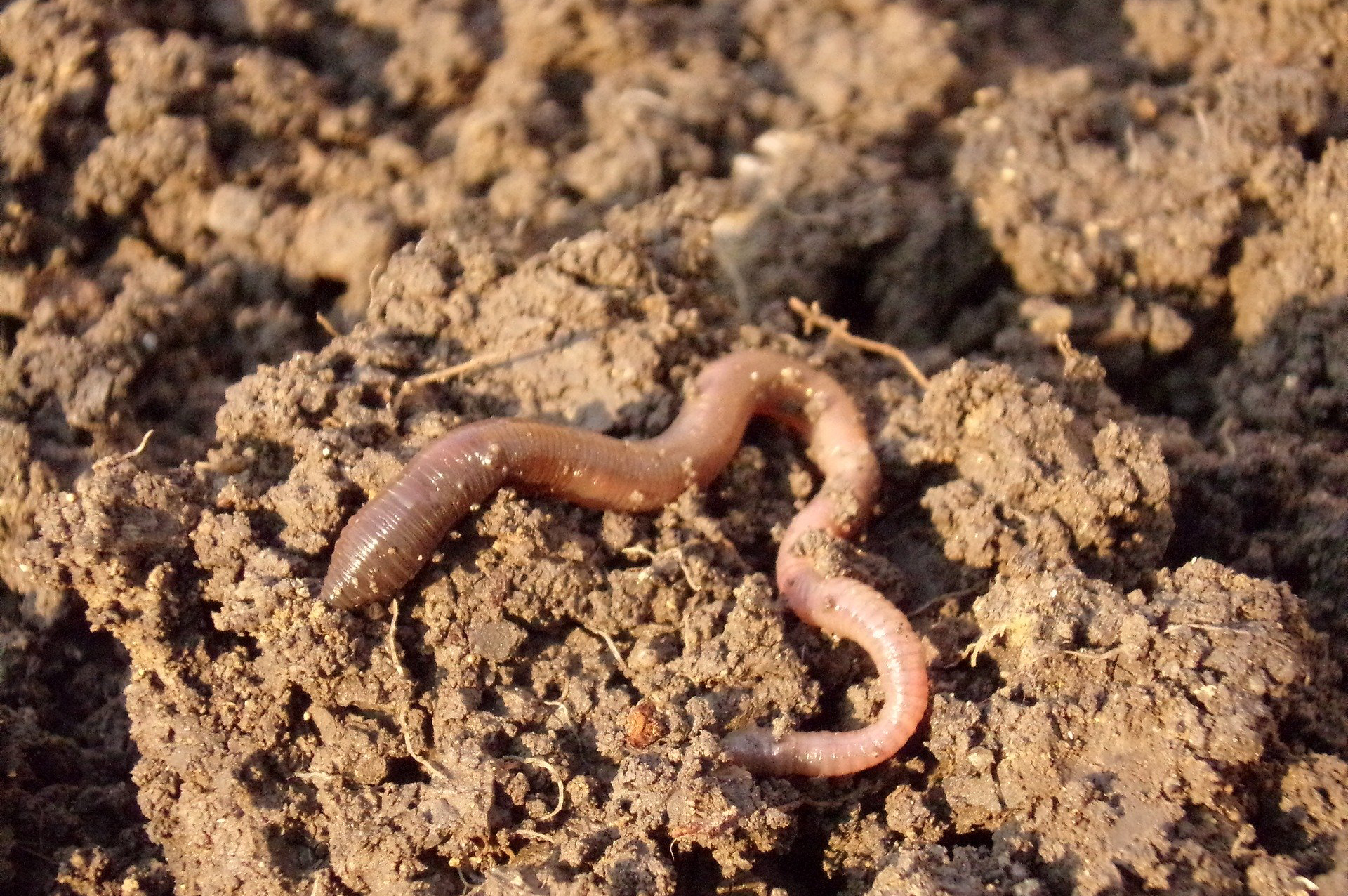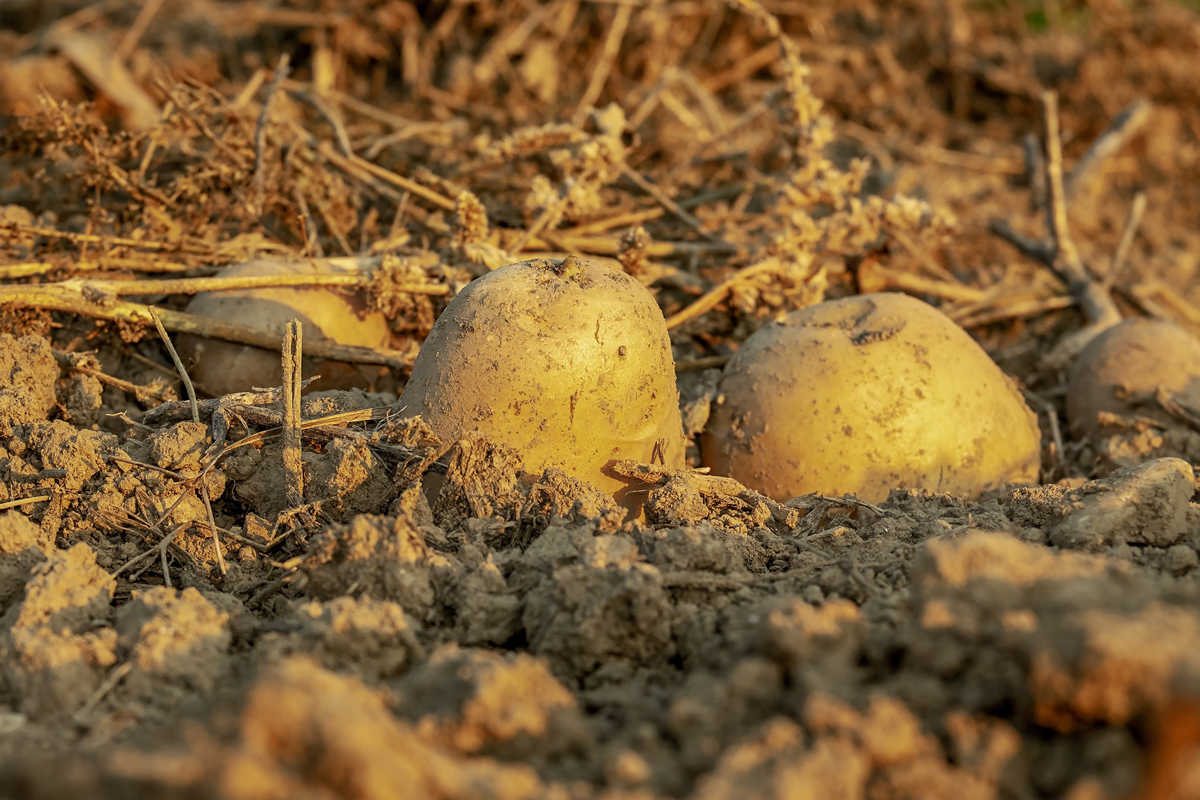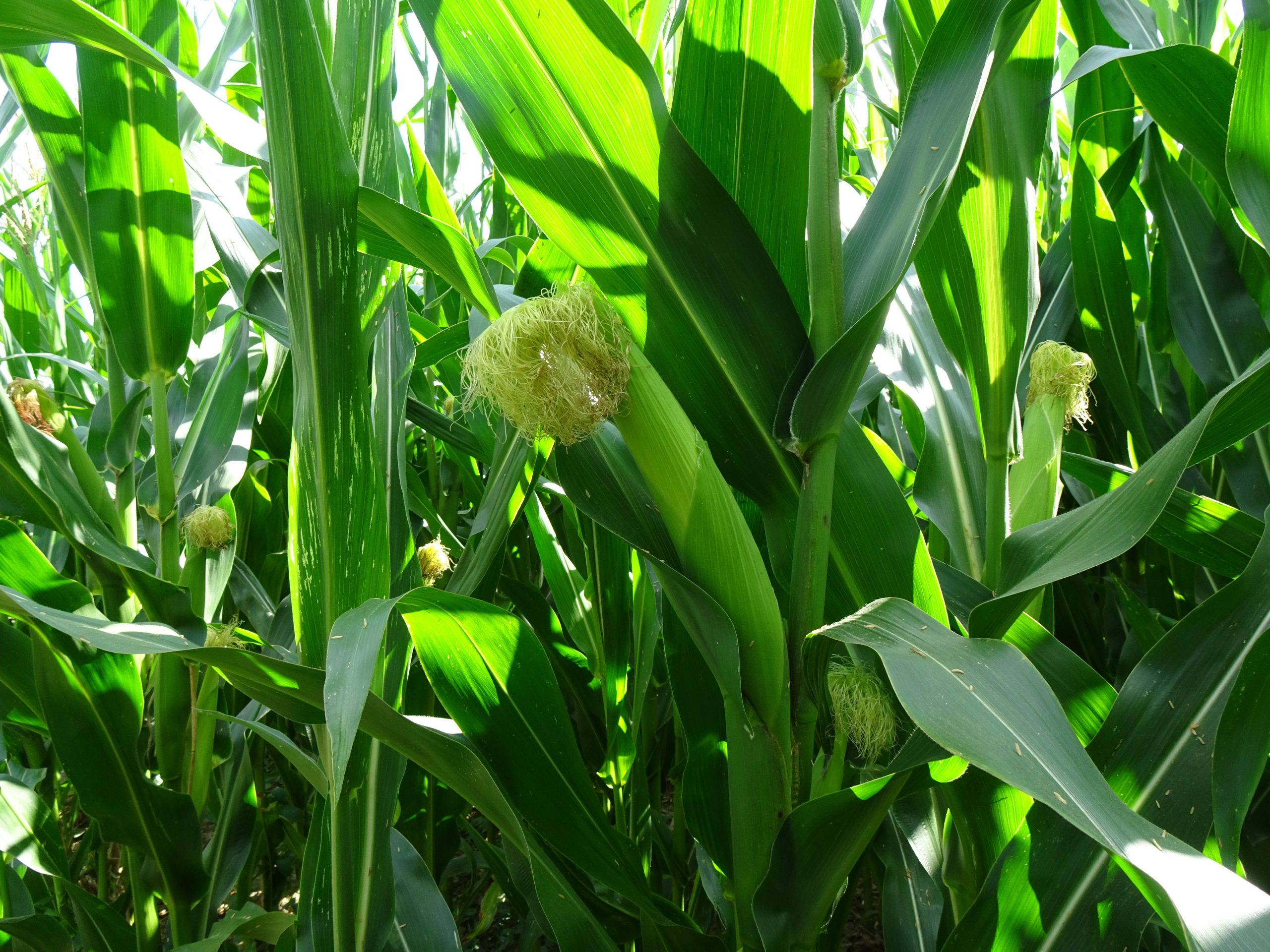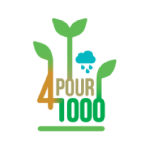The training course
The training takes place over three days in Grevenmacher, Luxembourg.
It includes two parts: a theoretical part as well as a practical part within a pilot farm for a client of the company. The cultures that the participants will visit during this training are in transition, going from intensive agricultural practices to new agricultural practices, taking into account soil fertility.
The interest of this training resides, among other things, in following the complete cycle of the crops visited, from sowing to harvest. The three days of training are thus given discontinuously during the following months:
- Module 1: February 15 or 20, 2020
- Module 2: May 1 or 15, 2020
- Module 3: September 15 or 20, 2020
- Hours: 9:00 a.m. to 4:30 p.m.
- Meals included
- In French
A report for each participant is delivered within two weeks after each training day


Guaranteeing a rich ground heritage
Soils have been growing poorer for more than 20 years. In the past, conventional farming led to accelerated growth in yields, but this is no longer the case today. Yields are stagnating because the biological activity of the soil is weakening. This soil poverty also impacts soil balance, the ability of plants to defend themselves against pathogens and finally human health.
Enriching the biological life of the soil again allows us to leave land that can offer optimal yields. Added to this is the advantage of being able to respond to future environmental and legal challenges: reduction in the supply of phytosanitary products, the release of carbon into the air, pollution of groundwater and the nutritional value of food.
In the program: Biological fertility of soils
Training on biological soil fertility is a new initiative aimed at training farmers in sustainable farming techniques. The challenges relating to the growth of production, respect for the environment, and human health are important. Farmers are now able to respond. The training offers concrete solutions to support producers in their transitions to meet new agricultural challenges and issues.


Module 1: From agroecology to soil conservation - introduction and perspectives
1.1 The principles of agroecology
1.2 From ground formation toreasoning fertility
- Physics
- Chemical
- Organic
1.3 It's life that shapes the soil: let's develop fertility
- Root systems and soil interactions
- Roles of fauna and soil microflora
- Biological structure
- Water management
- Organic matter: increasing the effective MO rate
Module 2: Weed management, crop disease and mechanization
2.1 Managing weeds and diseases in conversation agriculture
- Uses and limits of PPPs - evolution towards NODUs
- Crop rotations
- The use of plant cover
- Plant symbiosis and soil microflora
2.2 Mechanization
- What tillage to adopt?
- What equipment to use?
- Focus on direct sowing under cover




Module 3: Producing nitrogen and carbon: a successful revolution !
3.1 Association of plant species and cutlery
3.2 Interests of legumes
3.3 Practicing eco-alternative fertilization
3.4 Objectives, means and perspectives for soil conservation: increase biological fertility for :
- More productive agriculture
- More profitable agriculture
- Heritage farming
- Cleaner agriculture: bio-remediation and storage of CO2 in soils
- Healthier agriculture for human health






